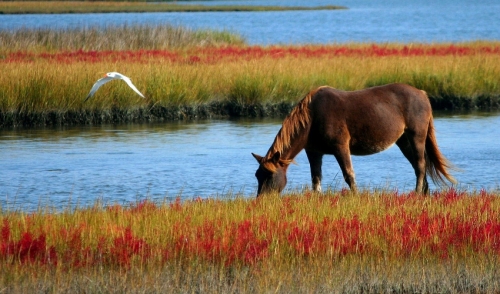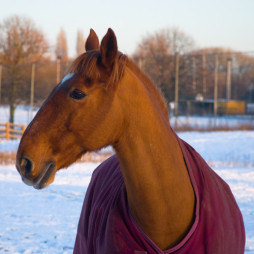{article.name}
Stay Informed
Are Older Horses Better with Age?
Is it true that old horses get better with age? You bet it is.

- Share this:
- Share on Facebook
- Pin on Pinterest
- Tweet on Twitter
Is it true that old horses get better with age? You bet it is. All you would need to do is spend a little time on a young, inexperienced horse and you’ll agree. In fact, most new riders can benefit from learning the ropes on an older horse. Though the new rider may not realize it, the old horse in many respects is actually training them how to ride. Being new, beginning riders lack the experience to anticipate problems before they arise, and thus the experience of an older horse is invaluable. For the new rider, an older horse is safer. A good rule of thumb is, if either the rider or the horse is inexperienced, they should be paired with a counterpart who has had some training. In other words, if it’s just you and your horse out on the trail, one of you better know what’s going on.
There is more to the benefits of an older horse’s experience than simple riding skills, too. They also bring to the table the lifelong experience of human handling, dealing with new people and getting along with other horses as well. There are many therapeutic riding organizations that rely on well broke older horses. They are very good mounts that "take care of" the riders with disabilities.
Another benefit of age is their lifelong exposure to a variety of colds and viruses, helping them build up their immune system. As long as the horse has been cared for properly early on, there is no reason why their twilight years couldn’t be spent doing the things that they’ve always loved to do.
Letting your older horse work, play and exercise is the best thing for them. In 2007, a study was conducted by Tufts University in New England of 1,000 equines. They discovered that 14 percent of them were between the ages of 20 and 29 years old. Many of which were still being ridden. More and more, horses are living longer lives, remaining healthy and active into their 20’s and 30’s. This is mainly due to changes in the approach to geriatric horses. There has been a large improvement in equine medicine, dentistry and nutrition. Treatments have advanced for older horses in particular.
Many old horses become bored, their owners feel they should take it easy and enjoy their “retirement”, but the fact is, the horse may not want to retire yet. So, though they have traveled many miles in their day, older horses have a lot of education to share and wonderful temperaments, too.
Special Offers


Comments